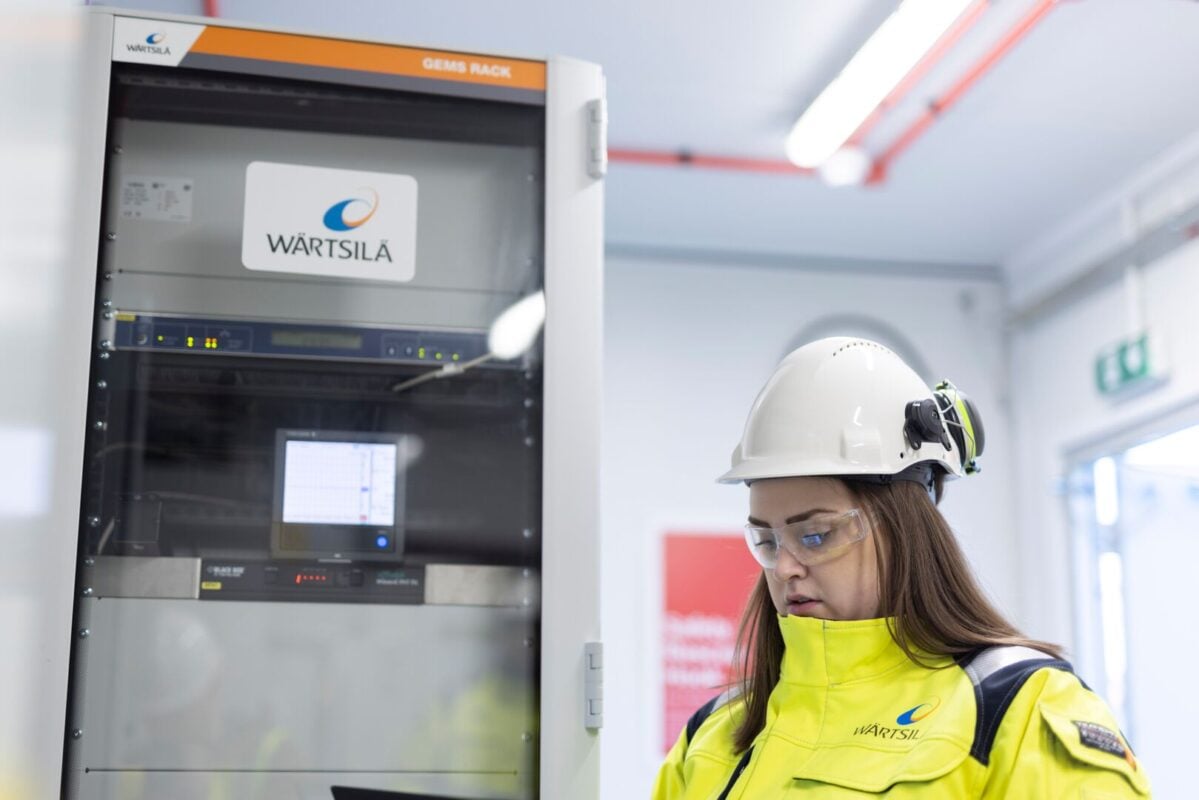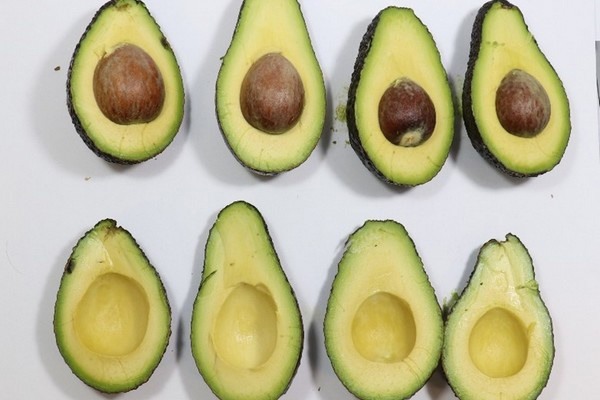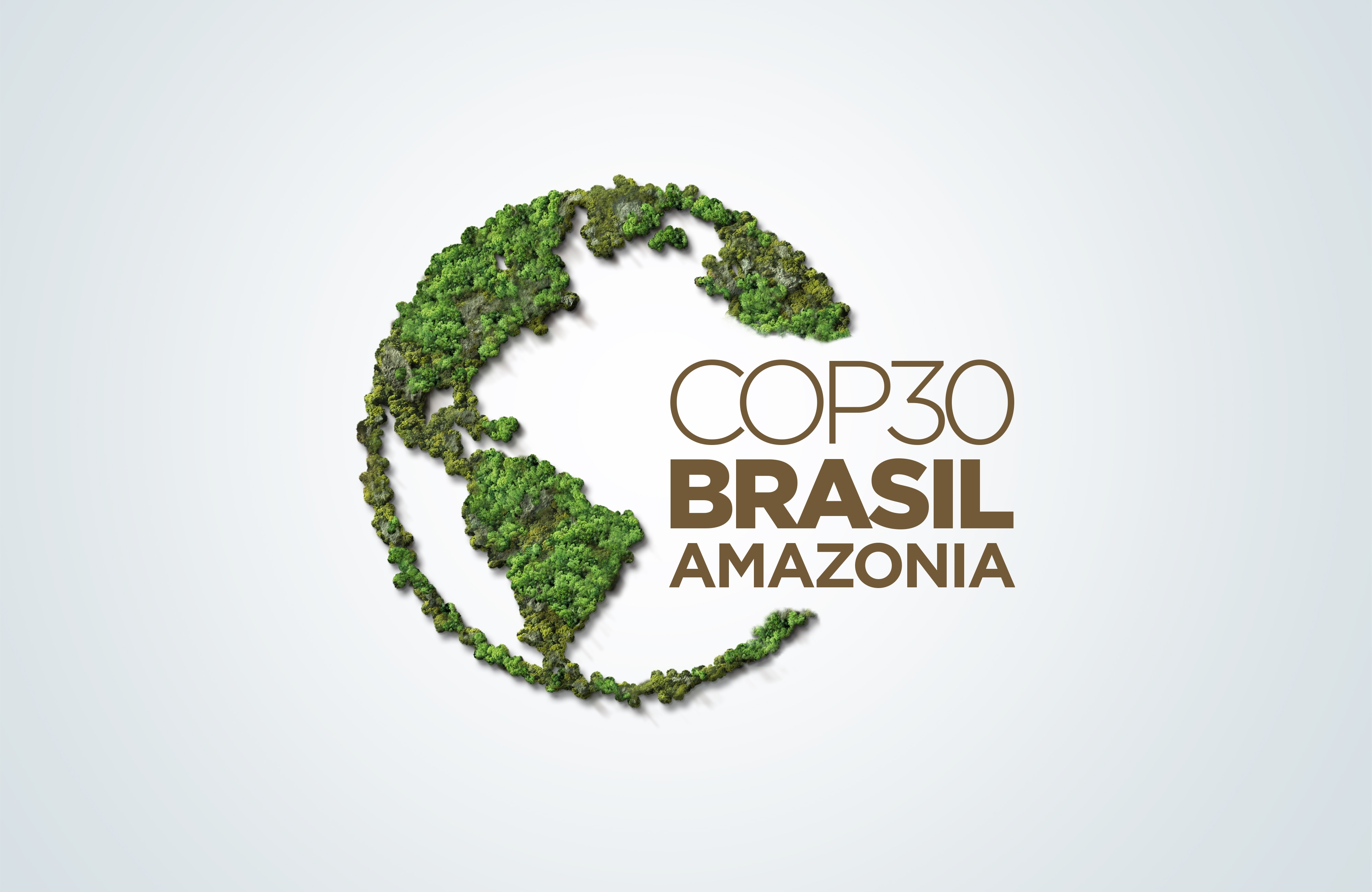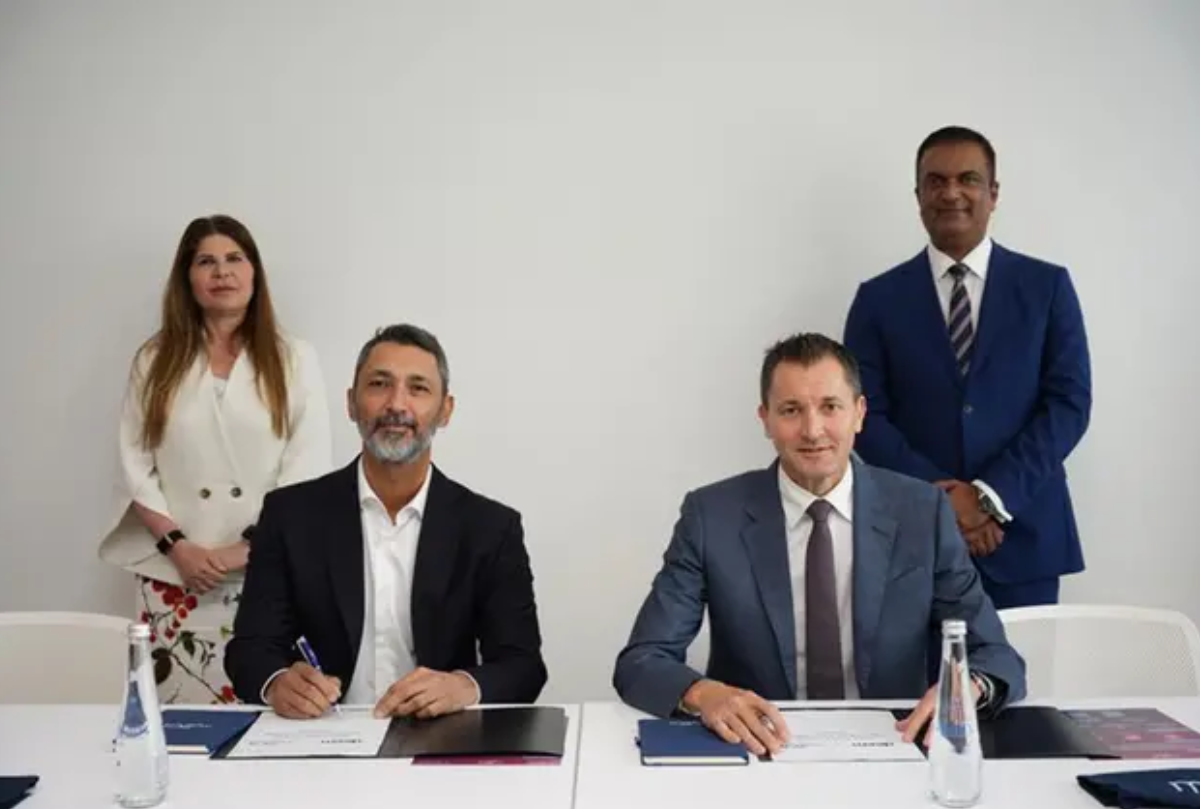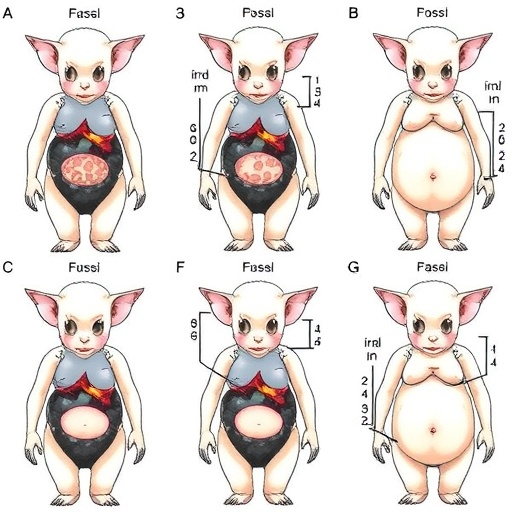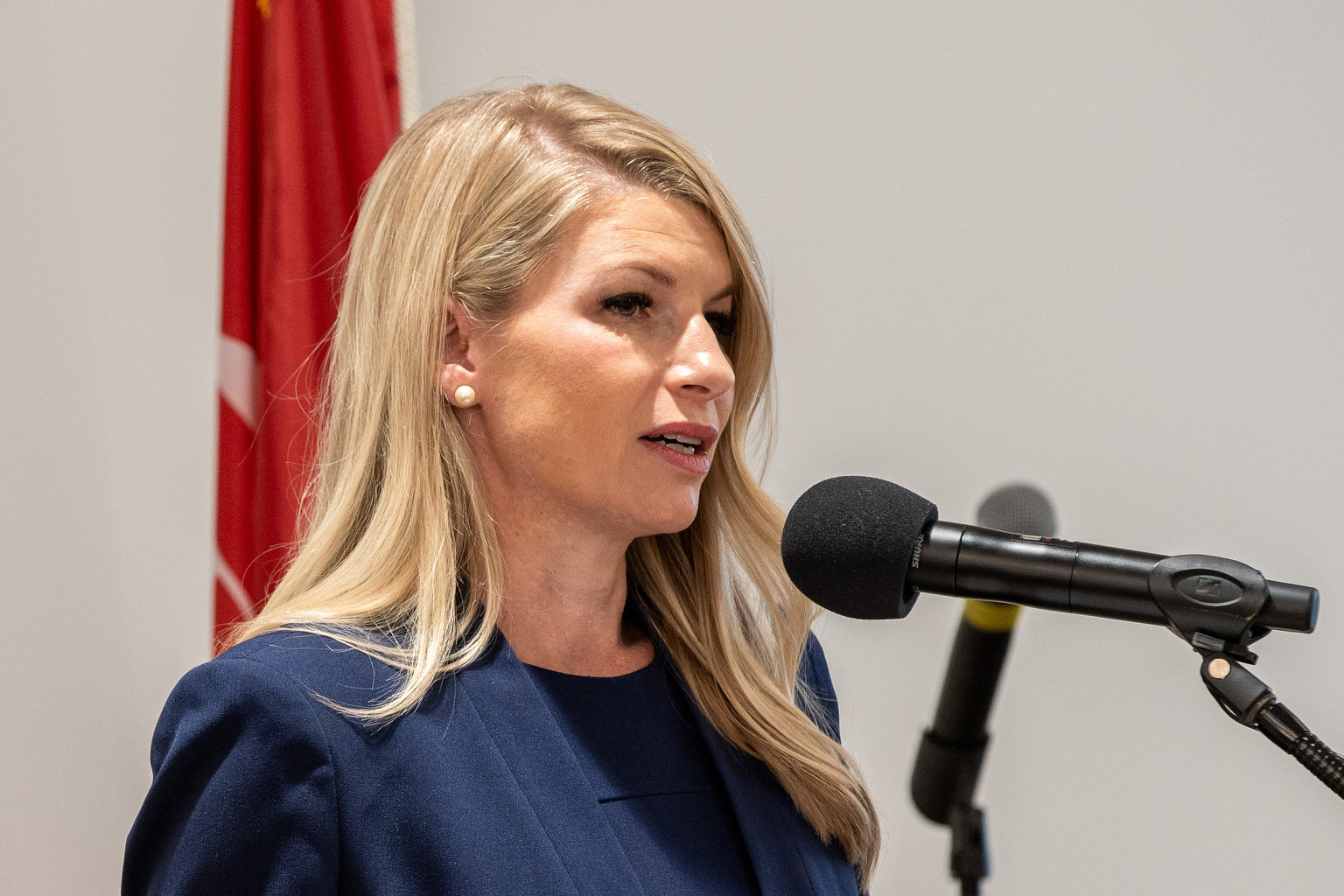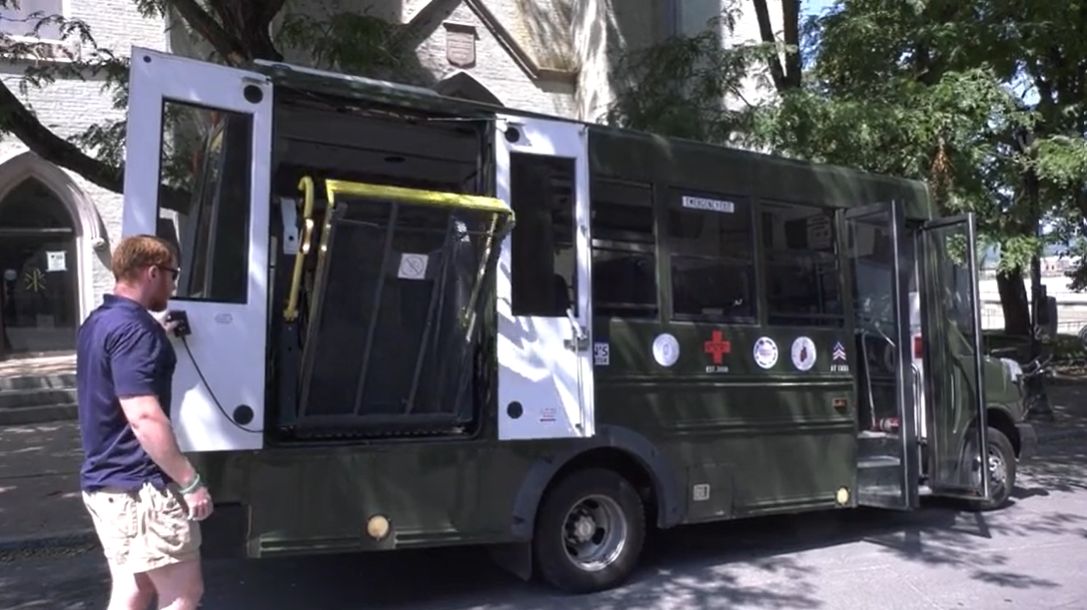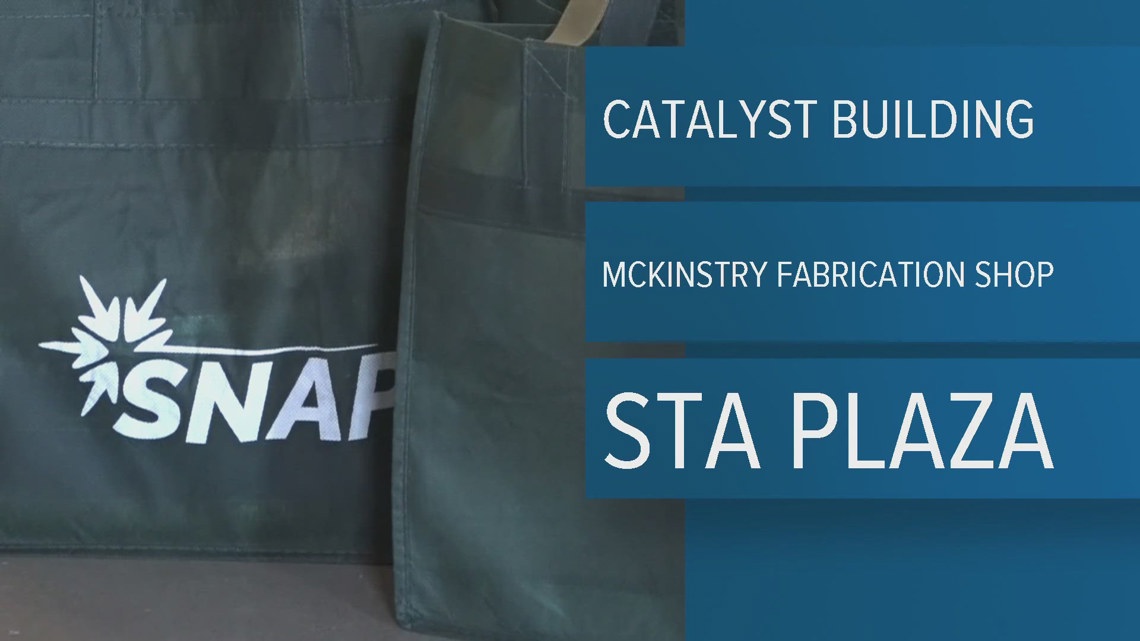Now, Carnival’s Vicky Rey Leading Global Effort to Tackle Food Waste as New Champion of SDGs: Latest Updates – Travel And Tour World

Report on Carnival Corporation’s Enhanced Commitment to Sustainable Development Goals through Food Waste Reduction
Introduction: Strategic Appointment to Champions 12.3 Coalition
Vicky Rey, Vice President of Government Relations for Latin America at Carnival Corporation, has been appointed to the Champions 12.3 coalition. This international body is dedicated to accelerating progress towards achieving the United Nations’ Sustainable Development Goal (SDG) Target 12.3, which mandates halving per capita global food waste at the retail and consumer levels and reducing food losses along production and supply chains by 2030. Ms. Rey’s appointment leverages her extensive experience to advance global sustainability efforts, particularly in responsible consumption and production.
Carnival Corporation’s Alignment with the 2030 Agenda for Sustainable Development
Advancing SDG 12: Responsible Consumption and Production
As a member of Champions 12.3, Ms. Rey will spearhead initiatives that directly support Carnival Corporation’s environmental and social governance strategy, with a primary focus on SDG 12. Her leadership will focus on developing and implementing high-impact approaches to food waste reduction.
- Strategic Development: Formulating large-scale, actionable strategies to minimize food waste across corporate operations.
- Program Expansion: Championing the expansion of Carnival’s “Less Left Over” meal donation program, a key initiative that addresses both food waste and food insecurity.
- Collaborative Frameworks: Working with a global alliance of leaders from government, business, and civil society to create robust structures for surplus food donation.
Contribution to Interlinked Sustainable Development Goals
Carnival Corporation’s food waste reduction efforts, under Ms. Rey’s guidance, contribute to a range of interconnected SDGs beyond the primary target of SDG 12.3.
- SDG 2 (Zero Hunger): The meal donation program directly combats food insecurity by redirecting surplus, high-quality meals to food banks and charitable organizations, thereby improving access to nutrition for vulnerable populations.
- SDG 11 (Sustainable Cities and Communities): By partnering with local charities and food banks, the initiative strengthens community resilience and supports sustainable urban development.
- SDG 13 (Climate Action): Reducing food waste mitigates greenhouse gas emissions, as decomposing food in landfills is a significant source of methane.
- SDG 17 (Partnerships for the Goals): The appointment exemplifies a commitment to multi-stakeholder partnerships, uniting corporate resources with governmental and civil society efforts to achieve shared global objectives.
Strategic Implementation and Scalability
Regional Focus and Global Application
A key component of the strategy involves expanding the meal donation program throughout Latin America. This regional approach serves as a model for effective, community-based action that supports the global UN 2030 Agenda. The initiative is designed to be a scalable and adaptable framework that can be tailored to the unique conditions of different regions worldwide, ensuring that food waste reduction can be effectively implemented across diverse operational contexts.
Fostering a Model for Corporate Responsibility
Ms. Rey’s leadership role is intended to inspire broader industry action. The objective is to develop replicable models for food recovery and waste reduction that other corporations can integrate into their operations. This approach promotes a paradigm shift in corporate sustainability, demonstrating how business operations can be aligned with global development goals to generate shared value for the company, the environment, and society.
Conclusion: Leadership in Sustainable Practices
Vicky Rey’s appointment to the Champions 12.3 coalition signifies a reinforced commitment from Carnival Corporation to the Sustainable Development Goals. By focusing on tangible actions such as reducing food waste and enhancing food security through strategic partnerships, the company is actively contributing to a more sustainable and equitable world. This initiative underscores the critical role of corporate leadership in driving progress on the 2030 Agenda and minimizing the environmental impact of global operations.
SDGs Addressed in the Article
SDG 12: Responsible Consumption and Production
- The article is centered around the global effort to tackle food waste, which is a primary component of responsible consumption. It explicitly mentions Vicky Rey’s appointment to the Champions 12.3 coalition, a group dedicated to “drive progress on UN SDG Target 12.3” with the goal to “cut in half food waste and food loss by 2030.” Carnival’s “Less Left Over” program is a direct corporate action towards this goal.
SDG 2: Zero Hunger
- The article highlights that Carnival’s initiative involves the “donation of excess and perfectly good meals to food banks and local charities.” This action directly addresses food insecurity by redirecting surplus food to “the families and organizations that need them,” contributing to the fight against hunger. The text states these efforts combat “food security” issues.
SDG 17: Partnerships for the Goals
- The article emphasizes the importance of collaboration. The “Champions 12.3 coalition” is described as an “international group of influential leaders” from “business, government, and civil leaders.” Vicky Rey’s role involves working with these multiple sectors to create solutions. The text states, “Only by Working Together Will We Defeat Global Challenges,” underscoring the partnership approach.
SDG 11: Sustainable Cities and Communities
- The meal donation program is implemented within the “communities it serves,” aiming to “bring about lasting change in communities around the world.” By reducing food waste that would otherwise end up in local landfills and supporting local charities, the initiative contributes to making communities more sustainable and resilient. The article notes the program helps “build stronger communities.”
Specific SDG Targets Identified
-
Target 12.3: By 2030, halve per capita global food waste at the retail and consumer levels and reduce food losses along production and supply chains, including post-harvest losses.
- This target is explicitly named in the article. It states that the Champions 12.3 coalition’s goal is to “cut in half food waste and food loss by 2030,” which is a direct quote of the target’s objective.
-
Target 2.1: By 2030, end hunger and ensure access by all people, in particular the poor and people in vulnerable situations, including infants, to safe, nutritious and sufficient food all year round.
- The article describes Carnival’s program of donating “excess and perfectly good meals to food banks” to serve the “food insecure.” This action directly supports providing food to vulnerable populations, aligning with the goal of ending hunger.
-
Target 17.17: Encourage and promote effective public, public-private and civil society partnerships, building on the experience and resourcing strategies of partnerships.
- The Champions 12.3 coalition is a clear example of a public-private-civil society partnership. The article states Rey will work with “business, government, and civil leaders” and that Carnival is “working in conjunction with government, not-for-profits and the community” to develop its model.
-
Target 11.6: By 2030, reduce the adverse per capita environmental impact of cities, including by paying special attention to air quality and municipal and other waste management.
- By implementing the “Less Left Over” program, which reduces the amount of food waste generated in the ports and communities it visits, Carnival is directly contributing to better waste management at a local level, thus reducing the environmental impact on those communities.
Indicators for Measuring Progress
-
Indicator 12.3.1 (b) Food waste index:
- The article’s central goal is to “cut in half food waste and food loss.” The success of Carnival’s “Less Left Over” program and the broader coalition’s efforts would be measured by the reduction of food waste, which is the basis of this indicator.
-
Implied Indicator for Target 2.1 – Volume of donated food:
- Progress towards feeding the food insecure can be measured by the scale and expansion of the meal donation program. The article implies this by mentioning the program is “already gaining traction in Latin America” and will be extended to “additional destinations,” suggesting the quantity of donated meals is a key metric.
-
Implied Indicator for Target 17.17 – Creation of scalable models and systems:
- The article mentions that Rey is expected to work on “developing scalable models that other businesses can use” and “flexible systems that can be tailored to address the unique conditions of countries worldwide.” The creation and adoption of these models by other entities serve as a clear indicator of the partnership’s effectiveness.
Summary of SDGs, Targets, and Indicators
| SDGs | Targets | Indicators |
|---|---|---|
| SDG 12: Responsible Consumption and Production | 12.3: By 2030, halve per capita global food waste at the retail and consumer levels. | 12.3.1 (b) Food waste index: The article’s core mission is to “cut in half food waste,” directly referencing the metric of this indicator. |
| SDG 2: Zero Hunger | 2.1: By 2030, end hunger and ensure access by all people to safe, nutritious and sufficient food. | Volume of donated food (Implied): The expansion of the meal donation program to “additional destinations” and the quantity of “excess and perfectly good meals” donated serve as a measure of progress. |
| SDG 17: Partnerships for the Goals | 17.17: Encourage and promote effective public, public-private and civil society partnerships. | Creation of scalable models (Implied): The development of “scalable models that other businesses can use” is a tangible output of the partnership’s success. |
| SDG 11: Sustainable Cities and Communities | 11.6: By 2030, reduce the adverse per capita environmental impact of cities, including waste management. | Reduction in local food waste (Implied): The success of the “Less Left Over” program in “cutting down on food waste” within the communities Carnival serves is a direct measure of improved local waste management. |
Source: travelandtourworld.com

What is Your Reaction?
 Like
0
Like
0
 Dislike
0
Dislike
0
 Love
0
Love
0
 Funny
0
Funny
0
 Angry
0
Angry
0
 Sad
0
Sad
0
 Wow
0
Wow
0










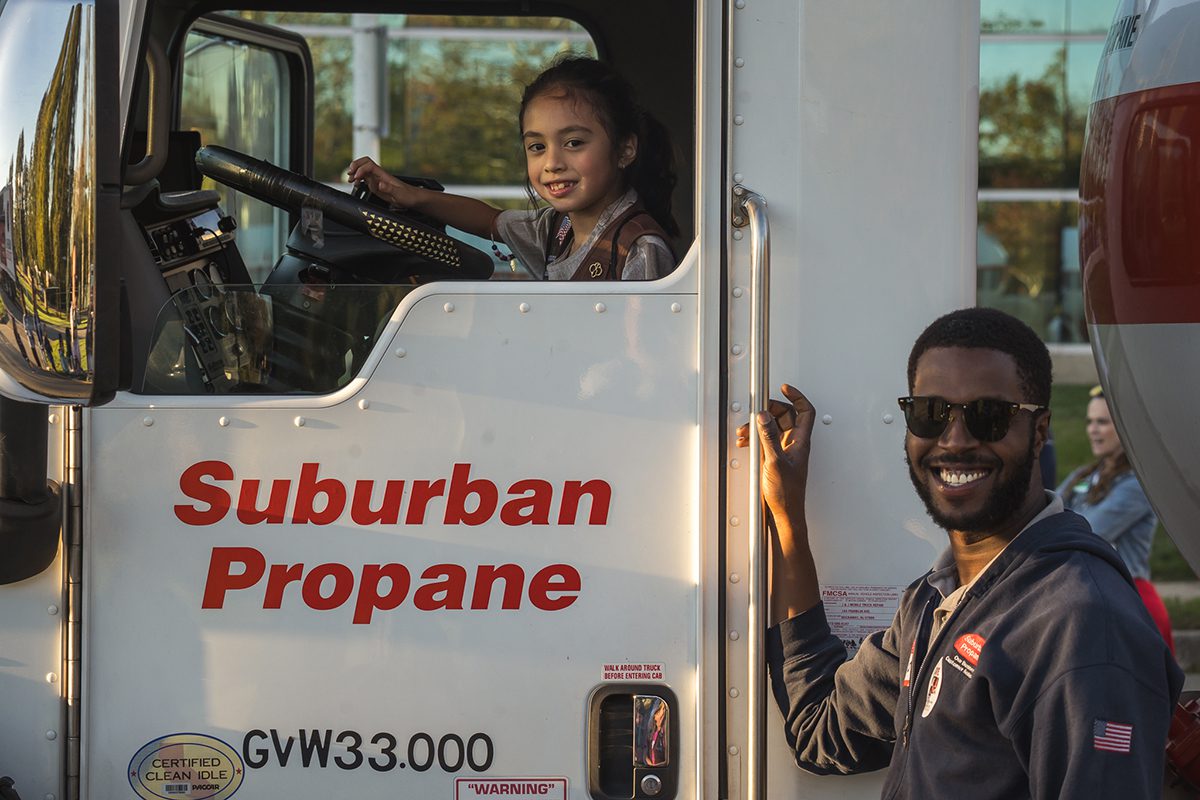
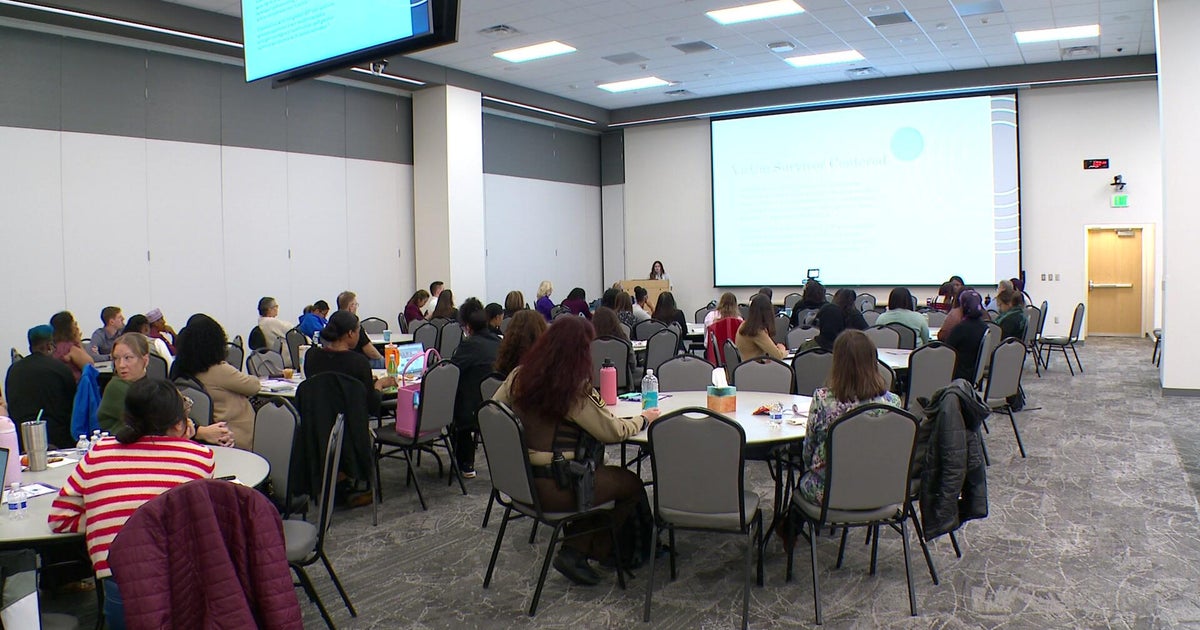
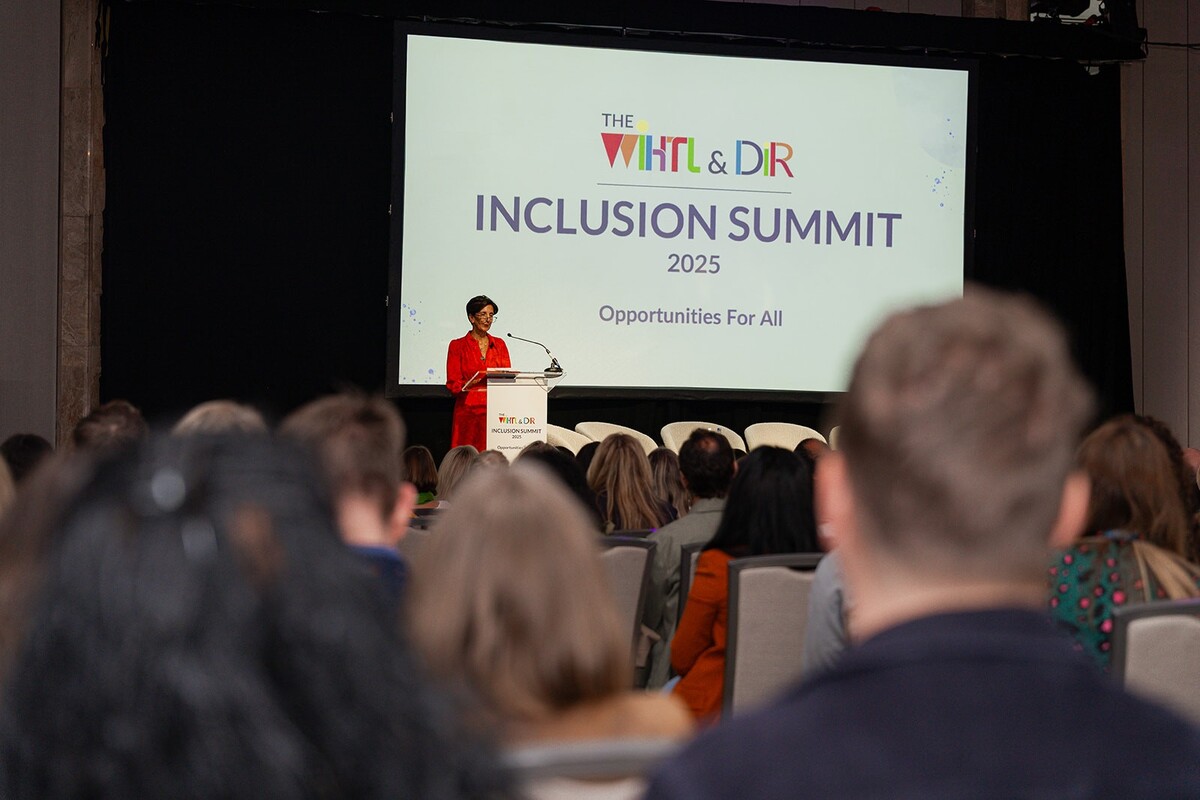










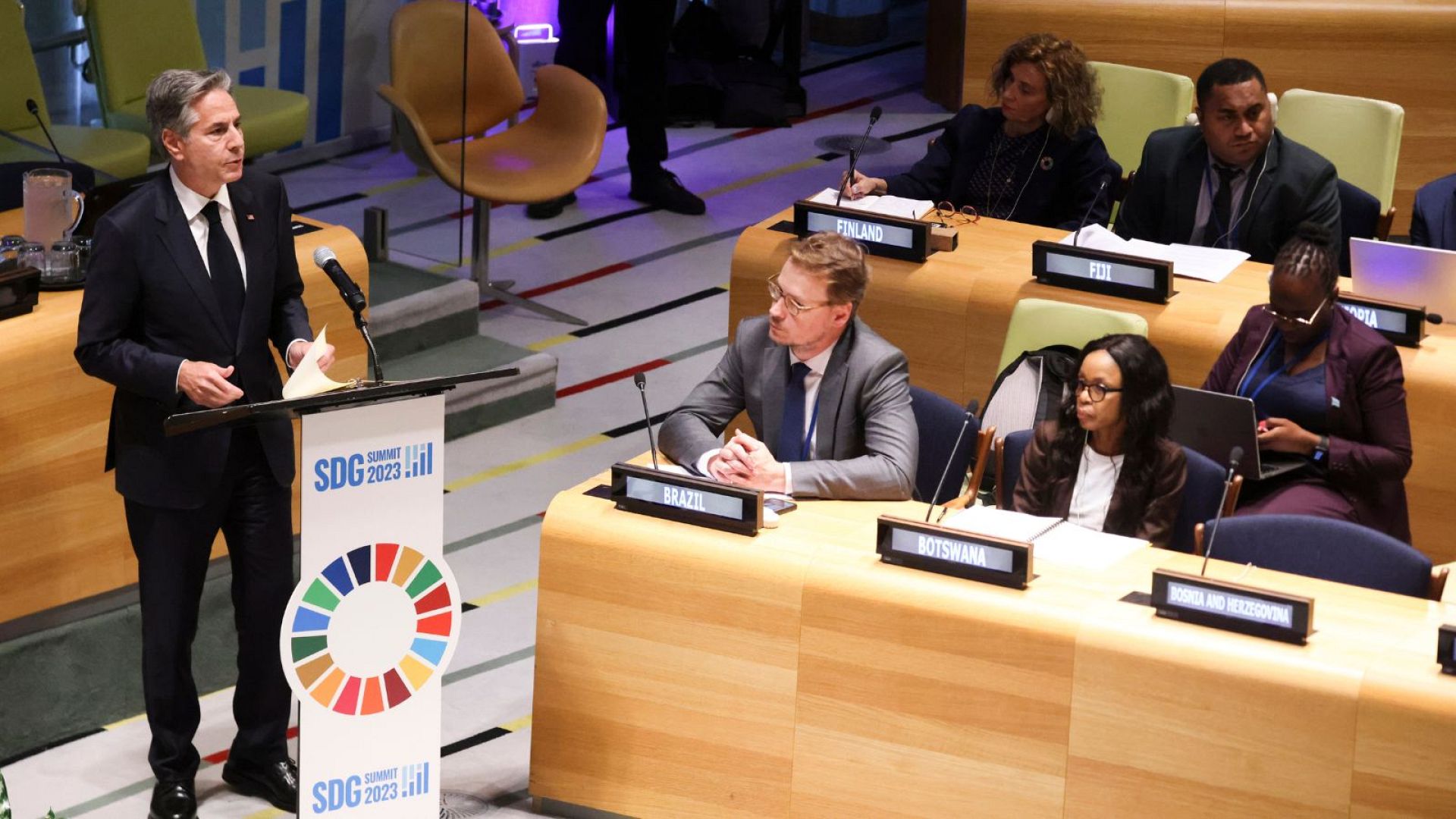


.png.webp?itok=oUrWXcvl#)

:focal(2620,1821)/https://media.globalcitizen.org/60/0a/600a77ce-594c-49ce-b428-dd977e3d2328/d4_csdw_thailand_2149_1.jpg?#)







